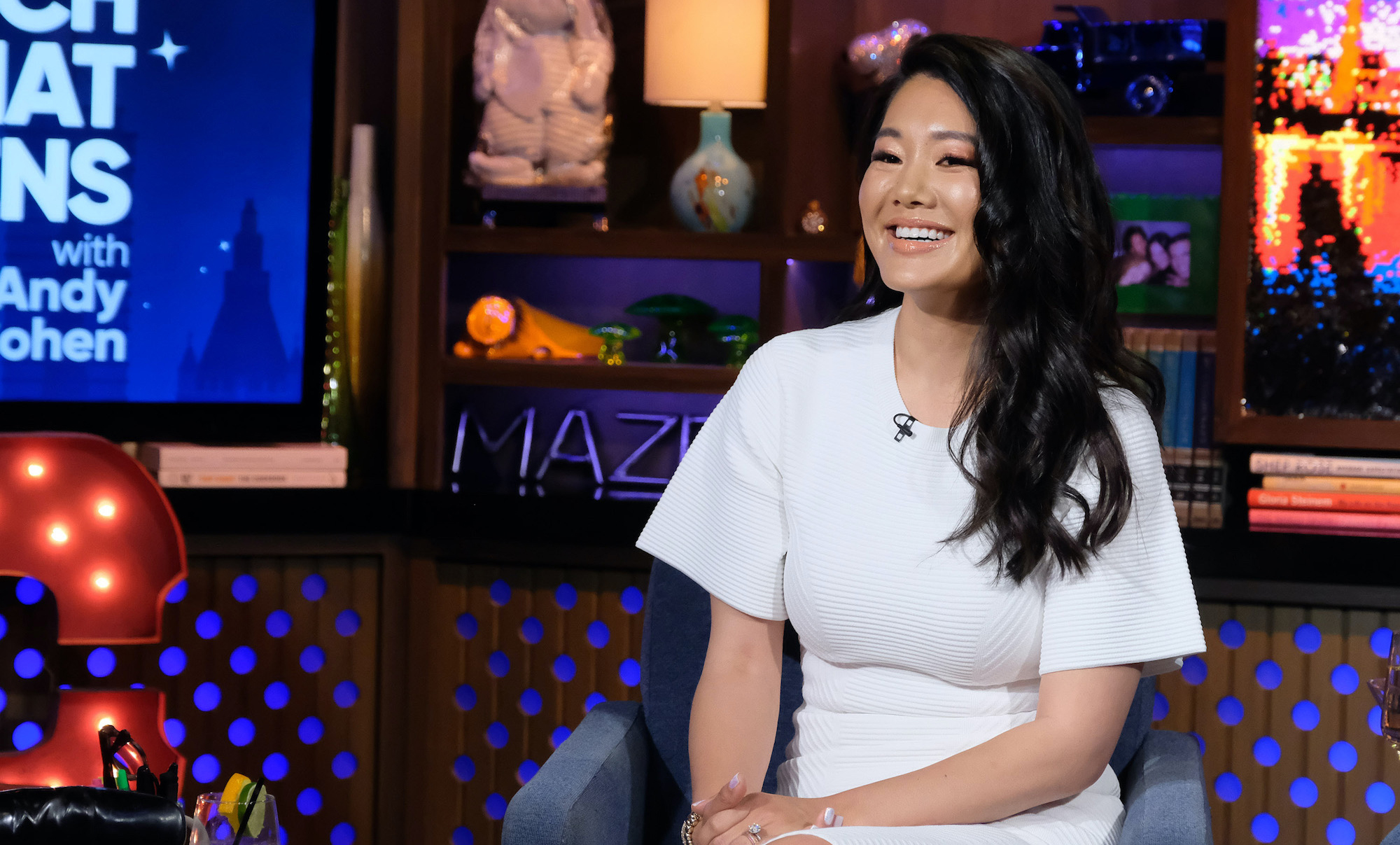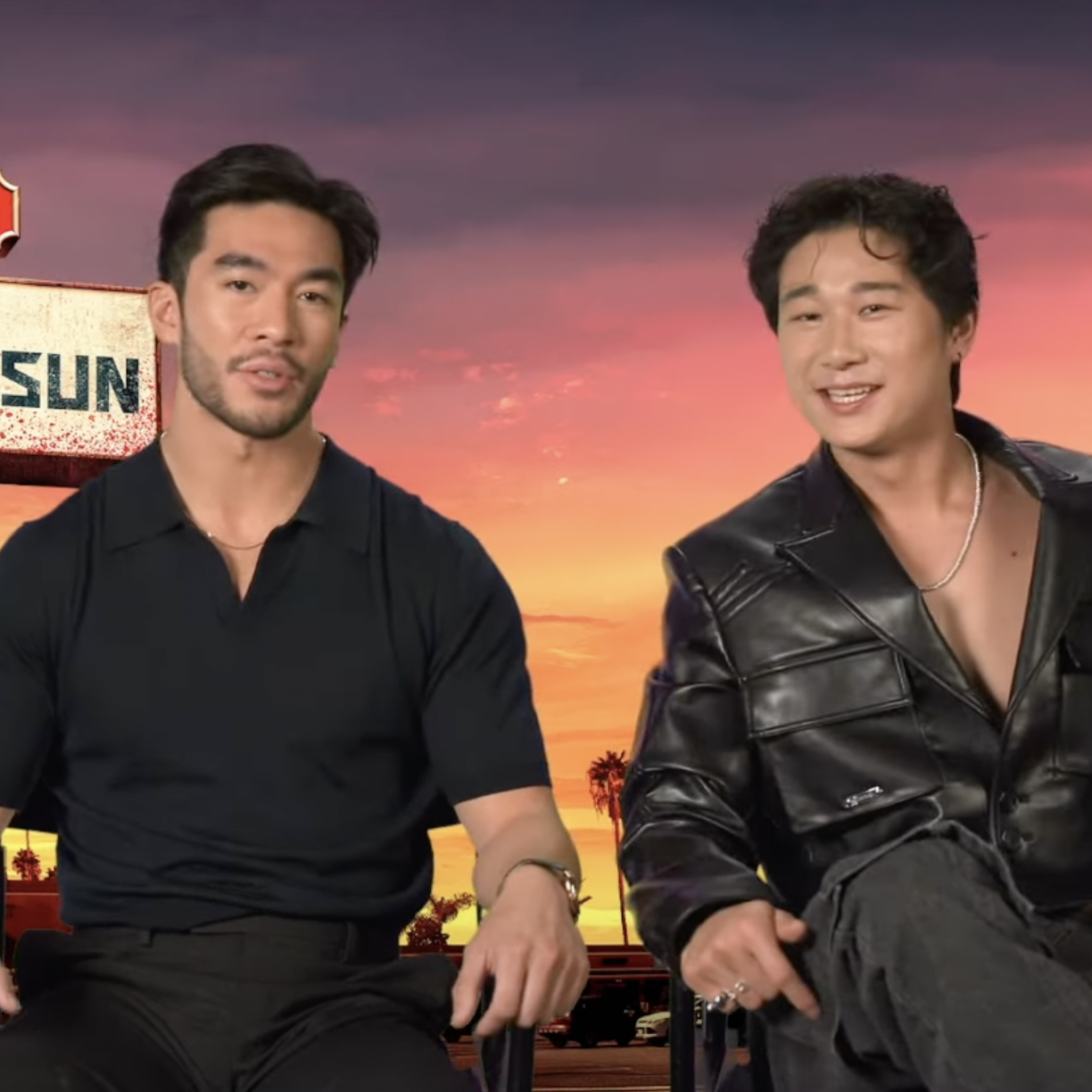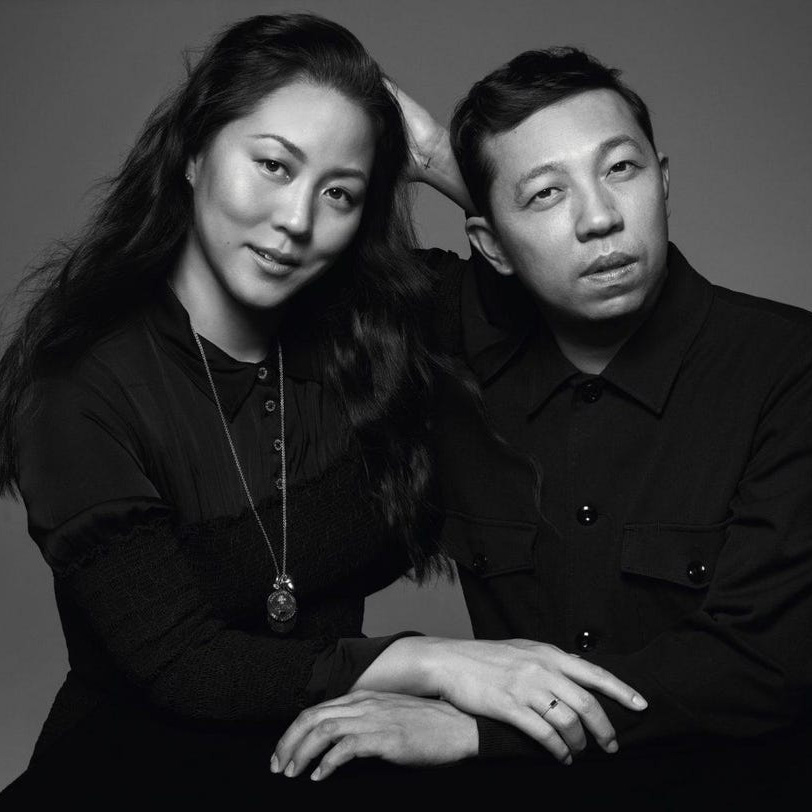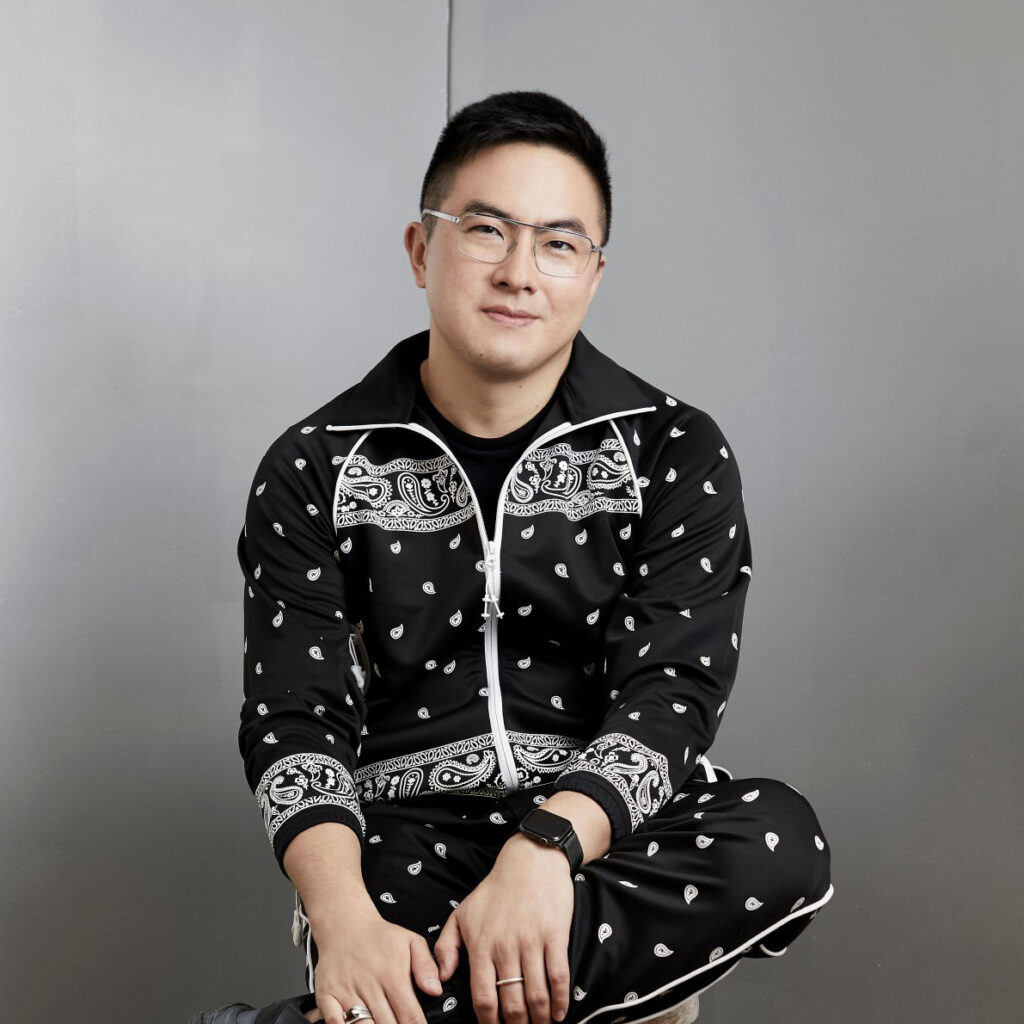Crystal Kung Minkoff is here to make waves.
When the vociferous mother of two entered the Real Housewives of Beverly Hills in 2021, she became the first Asian American on the franchise, displaying a deep connection to her values and cultural roots. Replacing wine throws and table flips, Kung Minkoff brought auspicious traditions and foods of her culture to the TV screen during the show’s season eleven finale, inviting her lavish posse to a Lunar New Year celebration.
As Kung Minkoff settled into her role, her unwavering sense of self brought tempestuous conversations on racial inequities and racism to the iconic RHOBH dinner table discourse. Since her debut episode, Kung Minkoff’s airtime on the Andy Cohen-produced Bravo hit series has rendered narratives with much more cerebral significance than what is to be expected from a show that spotlights the lavish lives of opulent, ostentatious moneyed women—and that’s exactly that Kung devised all along.
In conversation with The RepresentASIAN Project’s managing editor Nathan Sing, Kung Minkoff opens up about navigating the Real Housewives clout, reclaiming Asian food and the toxic beauty standards she proactively protects her children from.
When did the Real Housewives franchise first hit your radar?
Crystal Kung Minkoff: I’ve always watched it. I went to UC Irvine, and when The Real Housewives of Orange County came out, I was either just starting college or still in high school. It always felt very meta watching the restaurants and stuff like that [on the show] while I went to college there. That season got me into watching a couple more franchises, including Beverly Hills, so I’ve always known about it. I can’t say I watched every episode, but I certainly knew the franchise very well.
You and Garcelle [Beauvais] have both brought conversations about race to the show, initially with some resistance from some of the other housewives. Why was it important to you that these uncomfortable moments of conflict were captured on a show that has long been occupied by white women?
[Asians] were taught to be quiet, put our heads down, and not make waves, and I think it’s been a disservice to the AAPI community. I remember feeling really scared to talk about [race] and how it would be perceived, but I just realized that if I don’t do it—and I can be very outspoken—it’s likely that many won’t. [Asians] are not some monolith. We’re not a homogenous group. As Asians, we all have completely different, interesting stories to tell. So I just knew that I was ready to share my family and story just for one more person in the media to be out there. It’s been amazing and scary, but I’ve no regrets.
“I remember feeling really scared to talk about [race] and how it would be perceived, but I just realized that if I don’t do it—and I can be very outspoken—it’s likely that many won’t. “[Asians] are not some monolith. We’re not a homogenous group. As Asians, we all have completely different, interesting stories to tell.”
You have been very candid and open about recovering from your eating disorder and bulimia on the show, which derived from this longing to fit in. What role did the media you were exposed to play in creating these expectations for yourself?
I grew up in the era of the supermodel. That was my childhood. I remember subscribing to 20 magazines. I would get piles [of them] every day, and my mom would tell me I was obsessed. But she also always had the Chinese newspaper, Chinese magazines, and CCTV on all the time. I was constantly flooded with this Americanized sense of beauty, and when I looked at myself in the mirror and saw something different—that wasn’t a good feeling. As a child, you don’t want to look different. That is not something that was welcomed or celebrated, not just within my family but globally. It was all about being one and the same, but I never looked the same where I lived [in California]. So, if I couldn’t control my hair colour or eye shape, I found something I could try to control.
I love your cooking videos on Instagram, especially the videos where you make traditional Chinese dishes like congee and the video that started it all — your dad’s favourite garlic cucumber recipe. Through these videos, and generally, how has your journey been in reclaiming your relationship with food?
I did a culinary program around 15 years ago to see if I could help resolve my issues with food. I’m sort of a jump-in head-first kind of person, so I thought that since I had this [hate-filled] relationship with [food], maybe I could learn to love it!
After going through that program, I ended up loving food in the end. I grew up in a house where I only ate Chinese food. Actually, after [the culinary program], I began loving my culture and the food I grew up eating. I remember my friends would come over to my house [when I was a teenager], and it smelled like a Chinese house. If you’re Asian, you know what that means. We would have a jar in the corner of my mom’s medicine and herbal things with the snake and all the stuff inside. She would cover it with kitchen towels so none of my American friends would see it. I always felt embarrassed because I knew it smelt like a Chinese house. It’s all I knew, but I remember always feeling really embarrassed. But now I try to make my house look Chinese. *laughs*
And send your kids to school with pork fluff!
Kung Minkoff: Oh, yeah. Every day. And at first, their friends were like, “What is that?” And now they all want to eat it every day. It’s the best.
“I remember my friends would come over to my house [when I was a teenager], and it smelled like a Chinese house… We would have a jar in the corner of my mom’s medicine and herbal things with the snake and all the stuff inside. She would cover it with kitchen towels so none of my American friends would see it. I always felt embarrassed because I knew it smelt like a Chinese house… But now I try to make my house look Chinese.”
In East Asian families, it’s common for elders to comment on our weight from two sides. “You’re too skinny. You’re so fat.” In Season 11, when you’re daughter said your legs are so skinny, you corrected her, replacing the word skinny with strong, telling her you look like this because you work out. What do you hope viewers of all ages took from interaction promoting healthy body image with your children?
That was such a nuanced moment; that was such a big moment for our family. When I met my husband, I was 20 years old and so I was still very much [dealing with] my food stuff. He and I would talk about if we got married and had kids how we would approach the topic of food with them because I had so much history with it. We have always been very forthcoming [with our kids], and pushed this narrative of a healthy body. It was already hard enough how I grew up with magazines, and now [kids] have social media, which is all about your body.
And like you said about what is said within Asian families, it’s not even being too fat or too skinny. It’s everything about the body and food, so I thought we should tone down the whole conversation completely. I don’t even want to talk about how healthy someone’s body is. Let’s just not focus on it. Let’s just focus on our inside.
But when [my daughter] does bring this stuff up, I have to find ways to shift her narrative of what that all means. Because God knows when she gets on social media and online, she will see things, and you can’t help it. We’re all about healthy living and saying you can overeat, and it being okay; there’s no shame. I’m not like crazy about always being healthy. My kids eat junk all day long! It’s about being active and not worrying about it so much. Just be balanced with how you feel about food.
You’re also a mom, and because you’re being essentially immortalized on television, how does this change how much you share or the intention behind what you say on the show?
I wouldn’t have done the show had I felt like there was anything I didn’t feel comfortable sharing. My hurdle is my Asian upbringing, where we’re not encouraged to talk about our life at all. My kids don’t watch the show. One day they will turn on the TV and see it, but [currently] I will not let them watch the show. At the same time, I will not ever act in a way that I feel will challenge my own integrity. I just won’t. It’s not my personality. So I always feel pretty comfortable with how I act on camera because it’s how I act in real life, but I’d be lying if I said I wasn’t mindful of how I’m perceived and what my kids might see one day. But so far, so good.
This interview has been edited for length and clarity.
Canadians can catch all new episodes of The Real Housewives of Beverly Hills on Hayu every Thursday.
Like this post? Follow The RepresentASIAN Project on Instagram, TikTok, Twitter, YouTube and Facebook to keep updated on the latest content.











